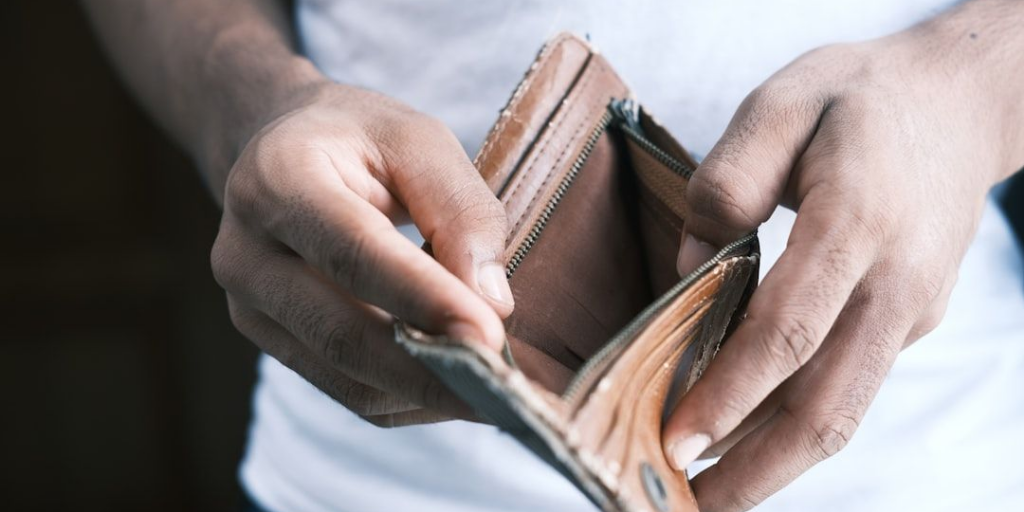Before filing for bankruptcy, there are several actions you should avoid to prevent complications or potential allegations of fraud. Here are some key things to avoid:
1. Incurring New Debt
- Credit Card Charges: Making large purchases or taking out cash advances on credit cards right before filing can be seen as fraudulent. Creditors may argue that you never intended to repay the debt, and the bankruptcy court might agree, making those debts non-dischargeable.
- Personal Loans: Like credit card charges, taking out personal loans just before filing can lead to those debts being excluded from the bankruptcy discharge.
2. Transferring Assets
- Gifting or Selling Property: Transferring assets to friends or family members to avoid losing them in bankruptcy can be considered fraudulent. The court may reverse these transactions (a process called “clawback”) and include the assets in the bankruptcy estate.
- Selling Property Below Market Value: Selling property for less than its fair market value to hide assets from creditors can also lead to clawback actions and potential legal issues.
3. Repaying Certain Creditors
- Preferential Payments: Paying off certain creditors (especially family members or friends) before filing for bankruptcy can be seen as giving them preferential treatment. The court can claw back these payments and distribute the funds more equitably among all creditors.
4. Hiding Assets or Income
- Failure to Disclose: Not disclosing all your assets, income, or recent financial transactions is considered bankruptcy fraud. Full transparency is required during the bankruptcy process.
5. Changing Financial Records
- Altering Financial Documents: Modifying, destroying, or concealing financial records to mislead the court or your creditors is illegal and can lead to serious consequences, including the denial of your bankruptcy discharge.
6. Filing Multiple Bankruptcy Cases
- Serial Filings: Filing for bankruptcy multiple times in a short period can be seen as an abuse of the bankruptcy system, potentially leading to the dismissal of your case or a denial of certain protections.
7. Using Retirement Funds
- Cashing Out Retirement Accounts: Tapping into retirement accounts, such as a 401(k) or IRA, to pay off debts before filing for bankruptcy might not be the best decision. Retirement accounts are often protected in bankruptcy, so using them to pay debts might leave you with less protection and no benefit.
8. Making Luxury Purchases
- Buying Expensive Items: Making luxury purchases or extravagant spending right before filing can raise red flags. Creditors may challenge these purchases, arguing that they should not be discharged in bankruptcy.
9. Failing to Seek Legal Advice
- Skipping Legal Consultation: Bankruptcy law is complex, and making mistakes before filing can have long-term consequences. It’s essential to consult with a bankruptcy attorney to understand your rights and responsibilities fully.
Avoiding these actions can help ensure a smoother bankruptcy process and prevent complications or accusations of fraud.
